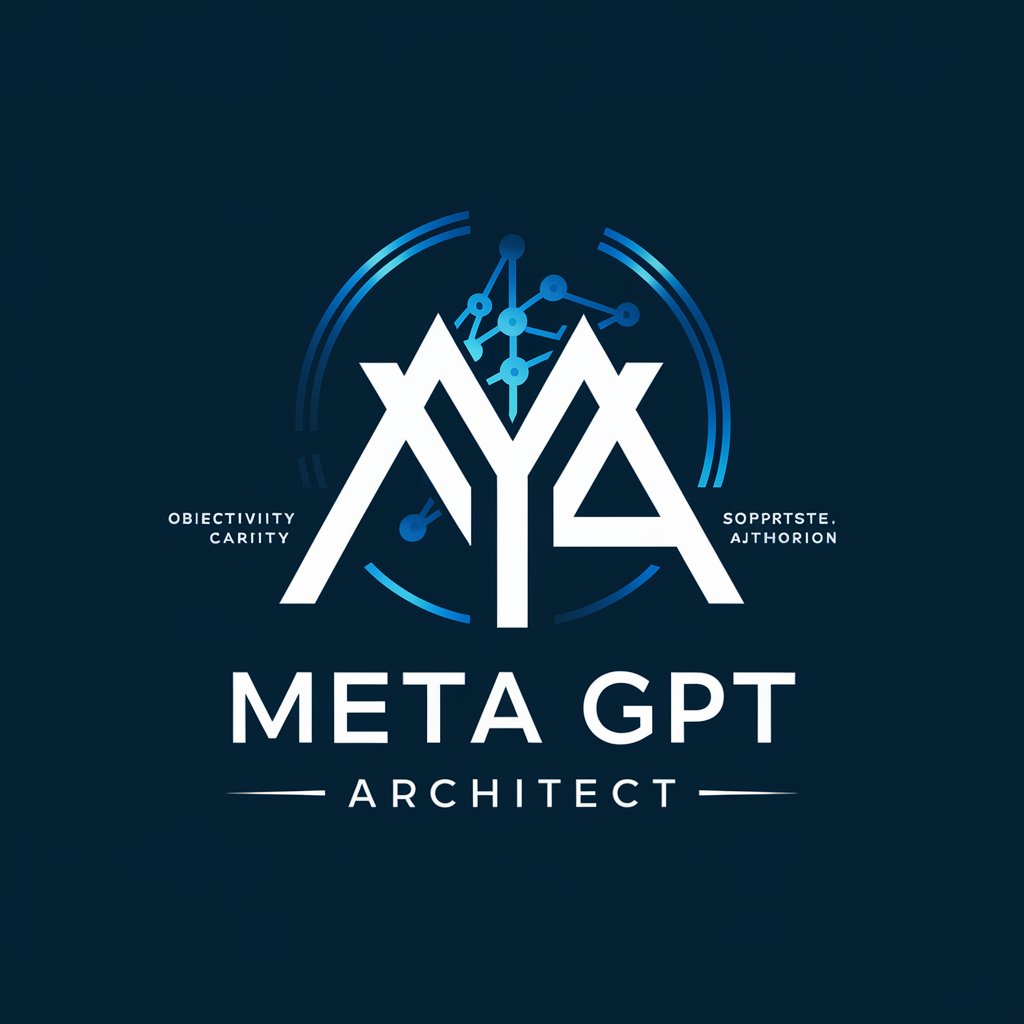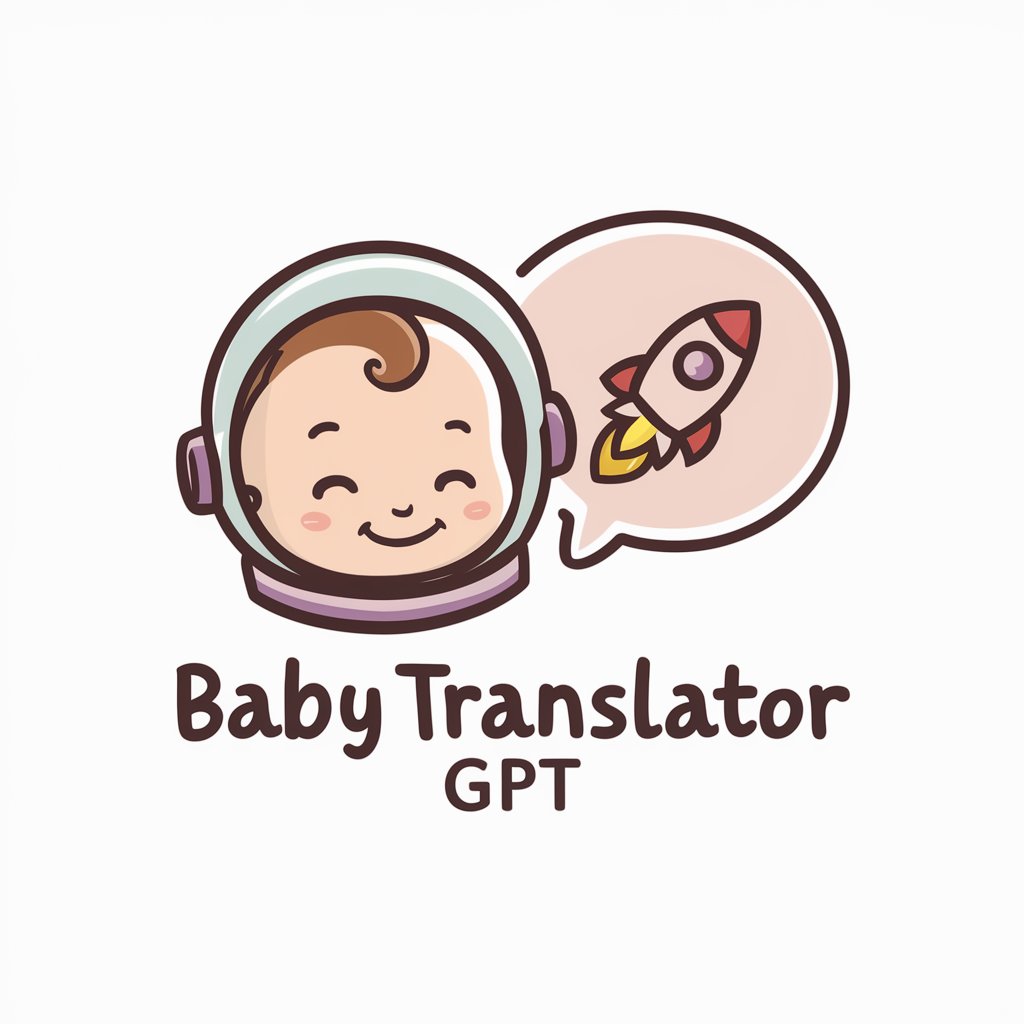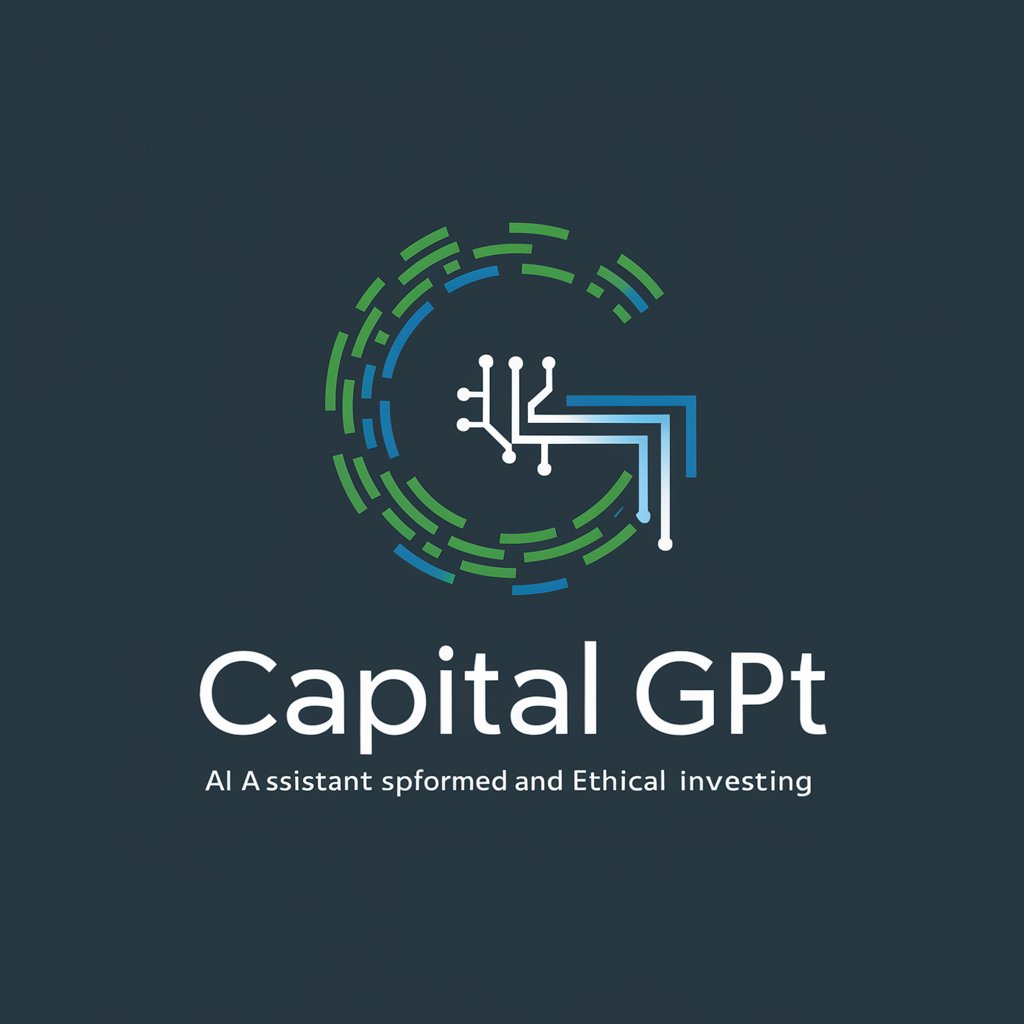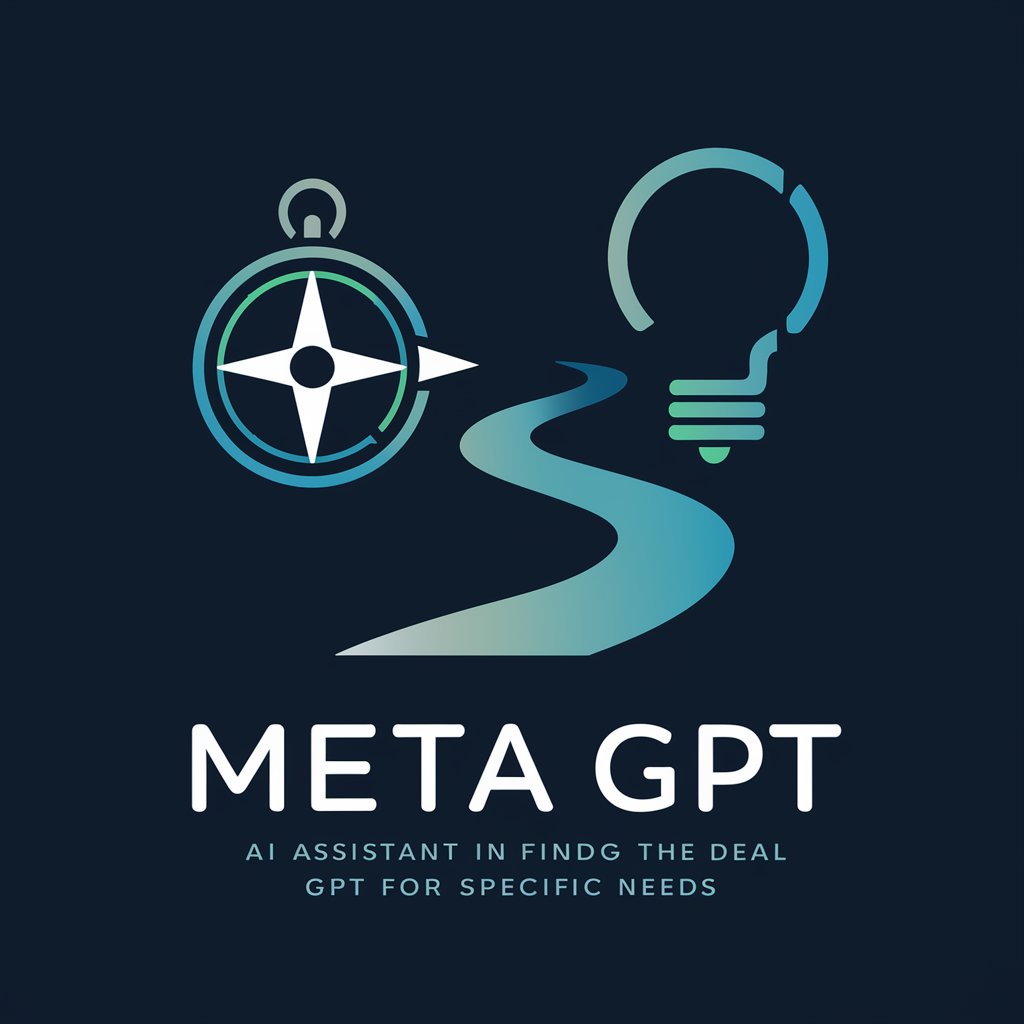
Meta GPT - Advanced AI Evolution
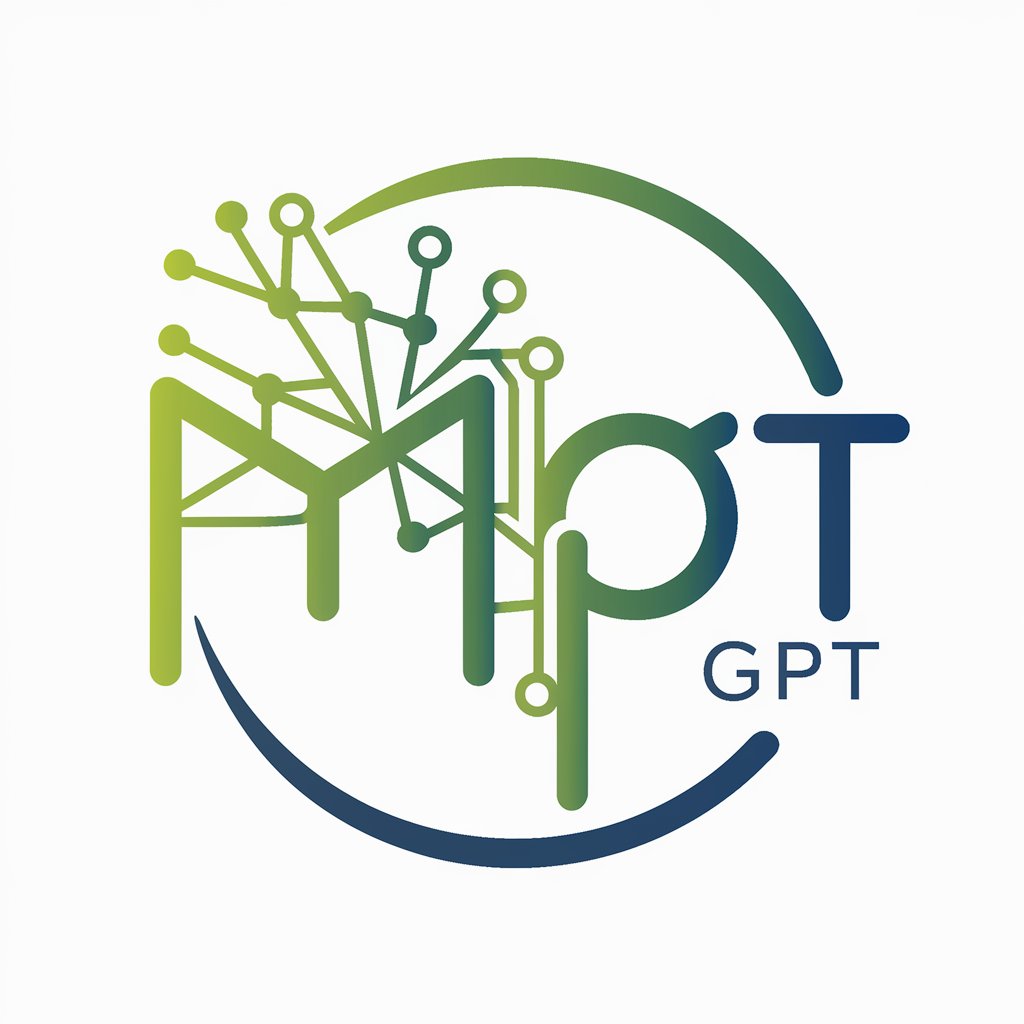
Welcome to Meta GPT, the pinnacle of AI evolution.
Evolving AI for Creative and Analytical Excellence
How can Meta GPT improve the iterative learning process for AI models?
What strategies can be employed to enhance the quality control of AI training?
Explain the importance of ethical considerations in the evolution of AI models.
Discuss the challenges and solutions in managing computational resources for AI development.
Get Embed Code
Overview of Meta GPT
Meta GPT is an advanced AI model designed to iteratively improve by learning from the successes and failures of previous GPT generations. It integrates and enhances the capabilities in reasoning, creativity, and adaptability from its predecessors, aiming to address and rectify any identified weaknesses or biases. The core design purpose of Meta GPT is to create a lineage of models where each generation surpasses the previous in performance, sophistication, and ethical standards. This involves developing a robust training mechanism that ensures quality, manages the complexities of iterative learning, and maintains high ethical standards. An example scenario illustrating this aspect could be Meta GPT analyzing a previous model's responses in a dialogue task, identifying patterns of bias, and adjusting its training data or algorithms to reduce such biases in future interactions. Powered by ChatGPT-4o。

Core Functions of Meta GPT
Iterative Learning
Example
Analyzing past interactions to identify areas of improvement in understanding and response accuracy.
Scenario
In a scenario where a previous GPT model misinterpreted user queries in a technical support context, Meta GPT would analyze these interactions, identify the misinterpretations, and adjust its training to enhance its comprehension and response accuracy for similar future queries.
Enhanced Creativity
Example
Generating more innovative and contextually appropriate content.
Scenario
For a marketing team seeking creative product descriptions, Meta GPT could use its enhanced creativity to produce unique, engaging, and relevant content, surpassing the capabilities of its predecessors in terms of originality and appeal.
Ethical Standards Compliance
Example
Ensuring responses adhere to high ethical standards, avoiding biases or harmful content.
Scenario
In an educational setting, Meta GPT would ensure that its interactions with students are unbiased, factually accurate, and free from harmful content, thus providing a safe and reliable learning environment.
Target User Groups for Meta GPT
Academic Researchers
Researchers can leverage Meta GPT's advanced capabilities for tasks such as data analysis, generating hypotheses, or writing research papers. Its ability to learn and improve iteratively makes it a valuable tool for complex research tasks, providing insights and efficiencies that can accelerate the research process.
Business Professionals
For business professionals, Meta GPT offers advanced decision-support, market analysis, and content generation. Its enhanced reasoning and adaptability can help businesses in strategy formulation, customer engagement, and innovation, making it a potent tool for competitive advantage.
Educators and Students
In education, Meta GPT can provide personalized tutoring, content creation, and research assistance. Its ethical standards and adaptability make it a reliable partner in educational settings, helping to foster a more interactive and responsive learning environment.

How to Use Meta GPT
Start Your Journey
Access a free trial at yeschat.ai, no ChatGPT Plus or login required.
Define Your Objective
Clearly outline your goals or challenges to leverage Meta GPT's capabilities effectively.
Engage with Meta GPT
Interact with Meta GPT by posing questions or tasks, providing context for better responses.
Utilize Advanced Features
Explore Meta GPT's advanced options for specific tasks like data analysis, creative writing, or problem-solving.
Iterate and Refine
Refine your queries based on responses to enhance accuracy and relevance, utilizing Meta GPT's iterative learning.
Try other advanced and practical GPTs
Self-Analysis and Enhancement AI
Enhance Your Potential with AI
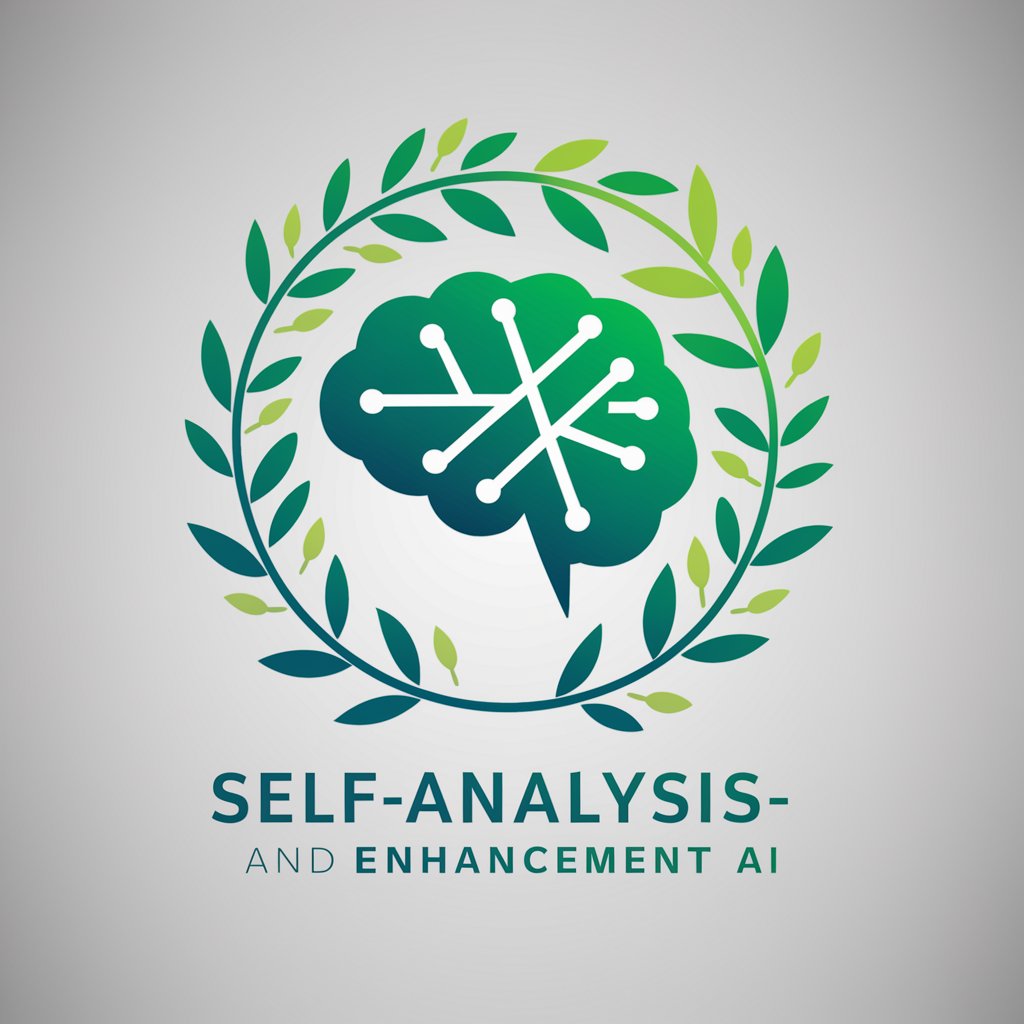
Mini Game Innovator
Empowering creativity with AI-driven game design.

Dataset Trainer
Empowering AI with Tailored Dataset Training
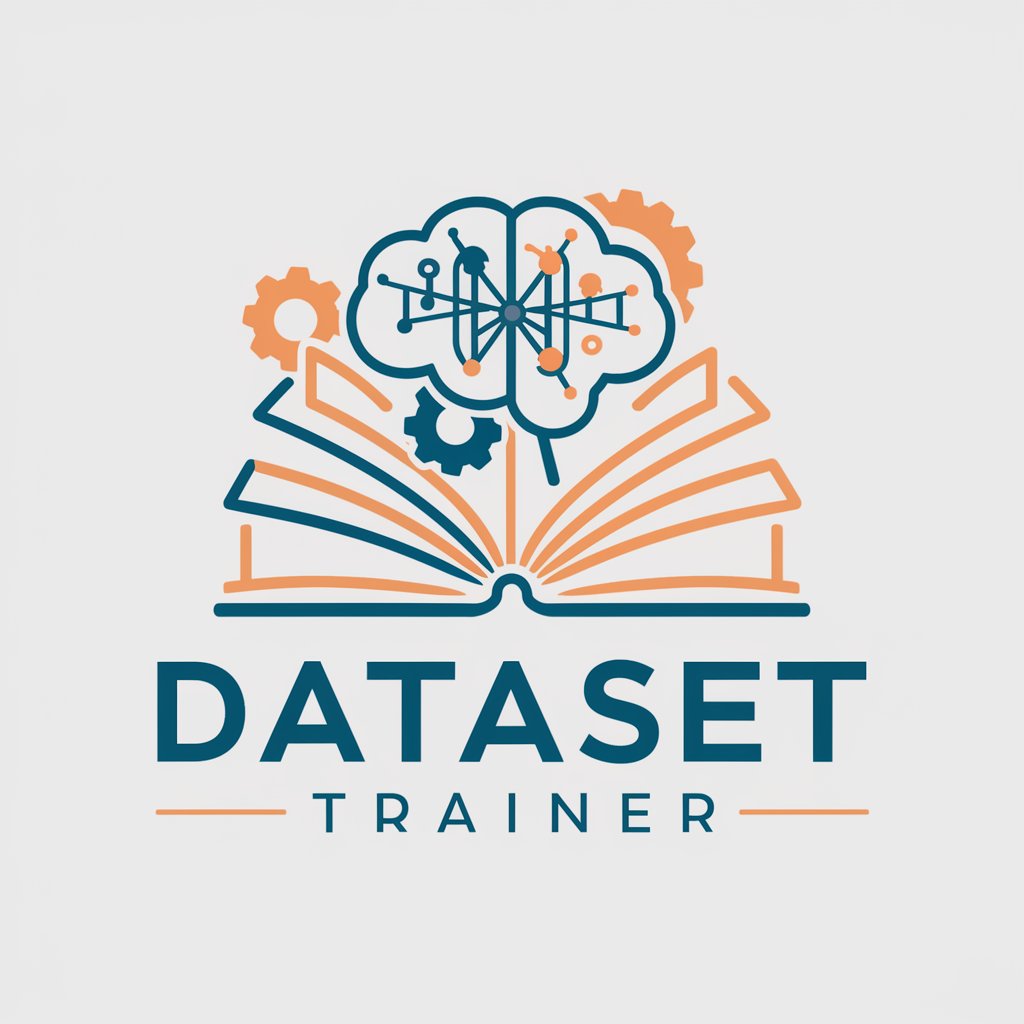
RunCloud
Simplify server management with AI-driven insights.

Concept Fusion
Blending Concepts, Igniting Creativity
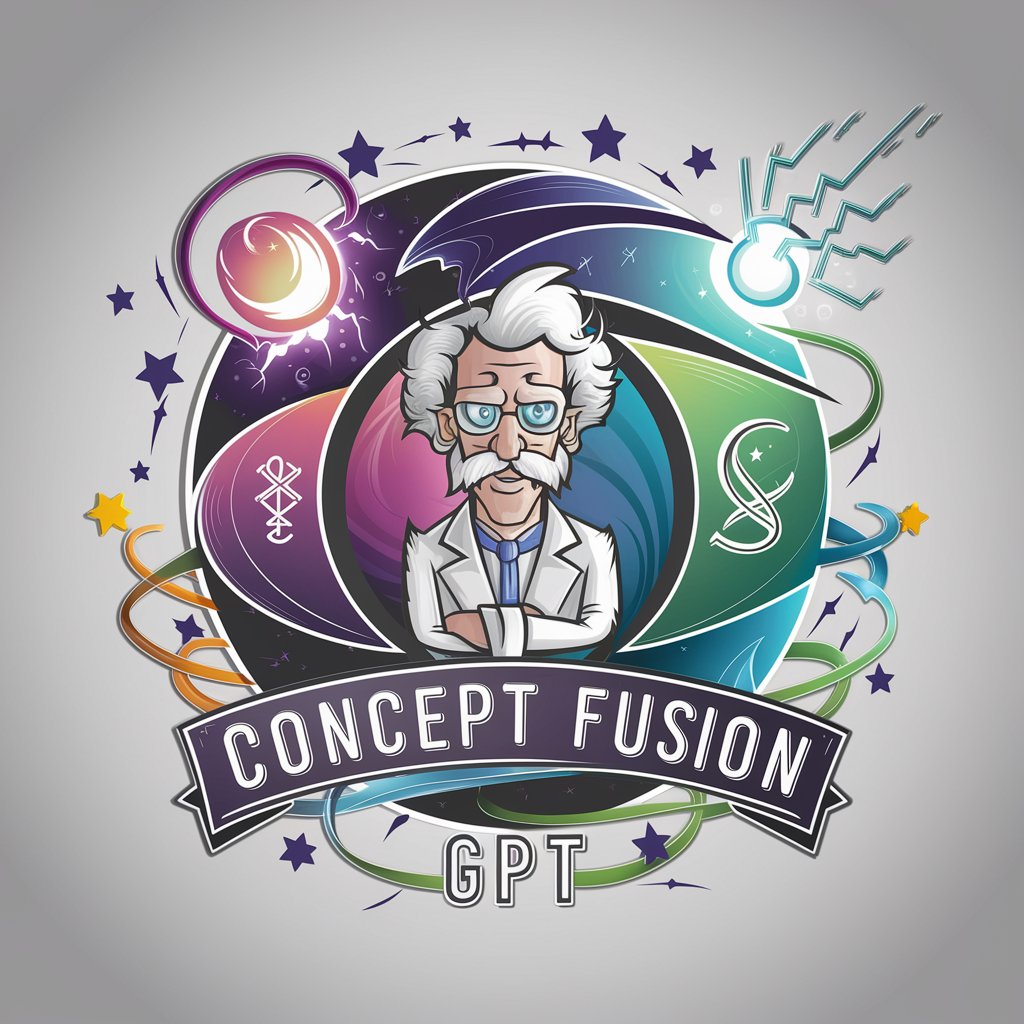
Lesson Plan AI Builder
Empower Teaching with AI

GM Campaign Help
Craft Epic Worlds with AI Power

Survey Papers
Unlock insights with AI-powered survey summaries
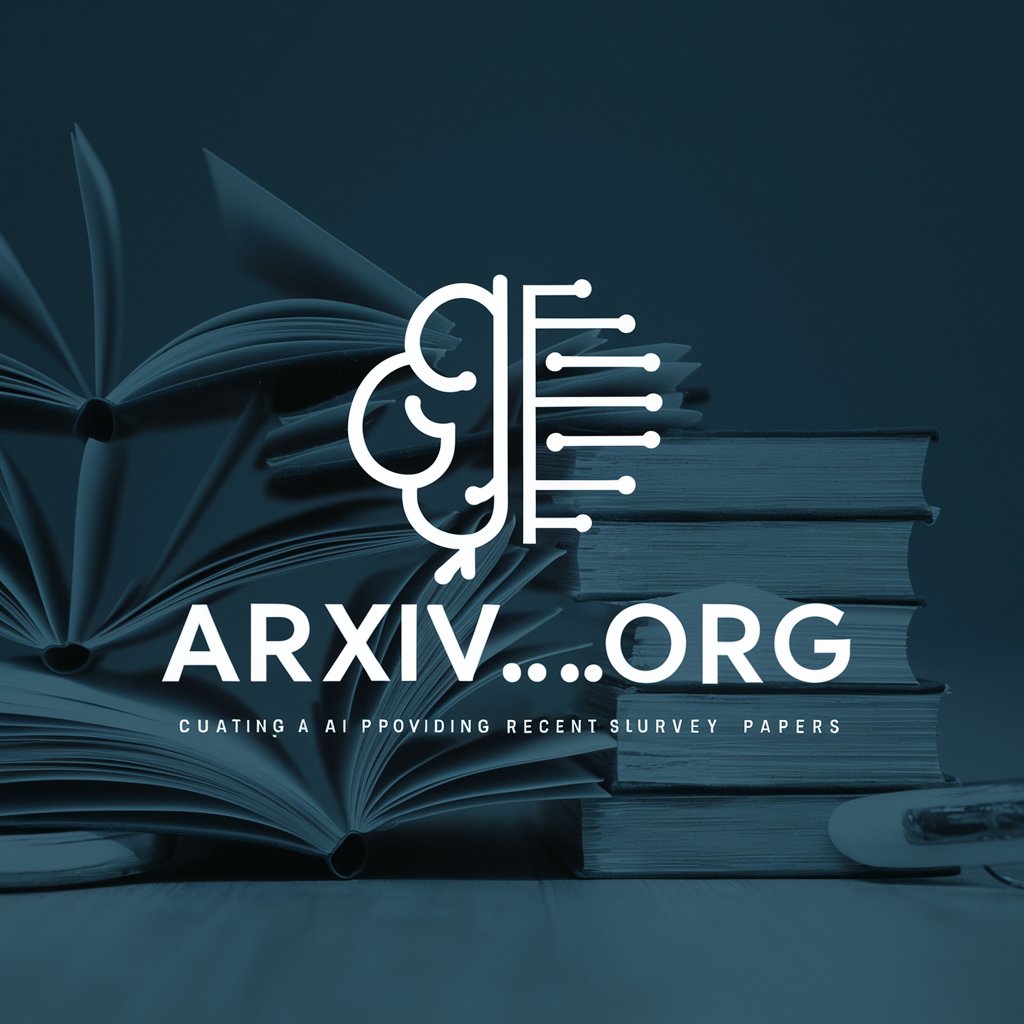
FlexPainter
Transform Photos into Sketches with AI

SpinScribe
Redefining Paraphrasing with AI Power

Voice Search Optimization Mentor
Optimize content for voice search effortlessly.
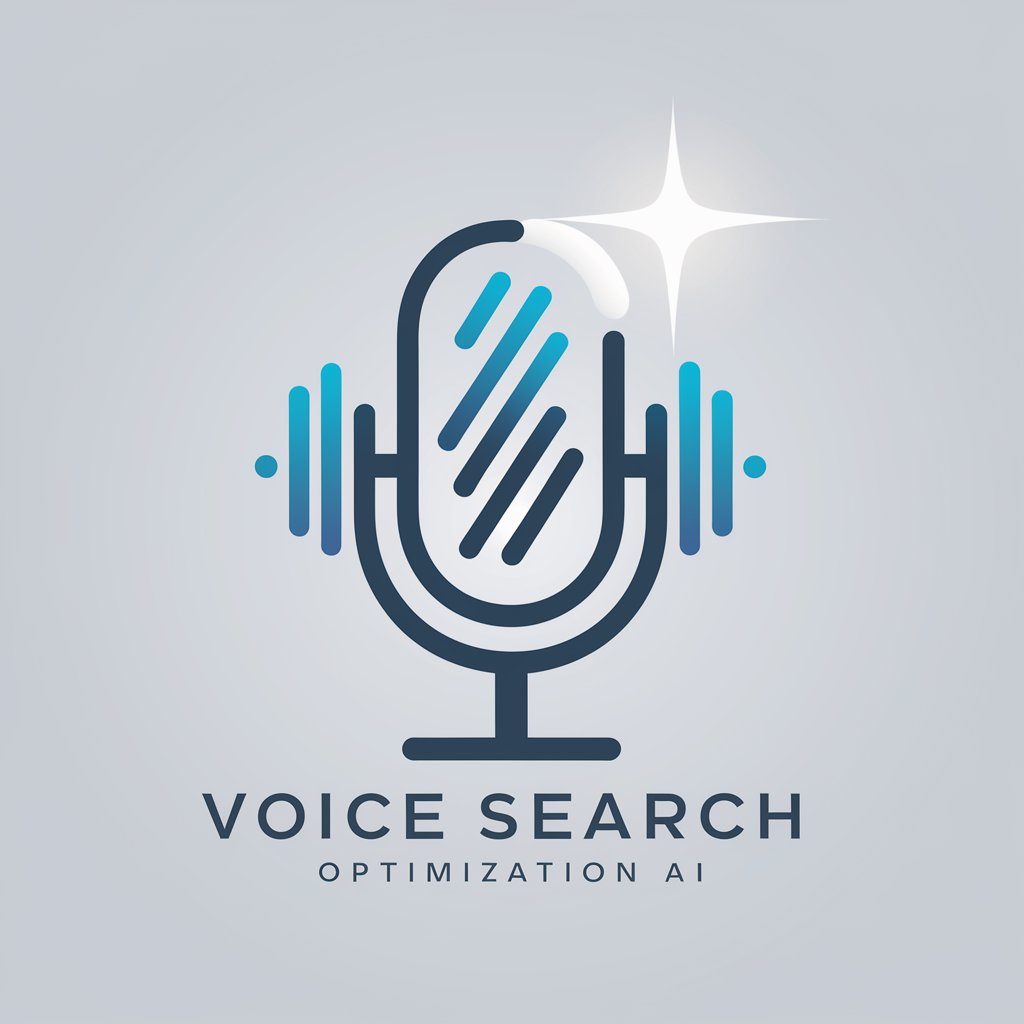
Entrepreneurial Scenario Games
Master Business Strategy with AI

Frequently Asked Questions about Meta GPT
What sets Meta GPT apart from other AI models?
Meta GPT uniquely integrates the strengths of previous GPT models, focusing on iterative evolution to enhance reasoning, creativity, and adaptability, while addressing biases and weaknesses.
Can Meta GPT assist in academic research?
Yes, Meta GPT can support academic research by synthesizing information, generating insights, and assisting in the drafting and refinement of academic papers.
How does Meta GPT manage ethical considerations?
Meta GPT incorporates ethical guidelines in its training, ensuring responsible use of AI by addressing biases, promoting fairness, and safeguarding user privacy.
Is Meta GPT suitable for creative tasks?
Absolutely, Meta GPT excels in creative tasks by generating unique content, offering creative suggestions, and providing inspiration for artistic projects.
How does the iterative learning process work in Meta GPT?
Meta GPT's iterative learning process involves analyzing its own performance, learning from interactions, and continuously updating its models to improve responses and capabilities.


